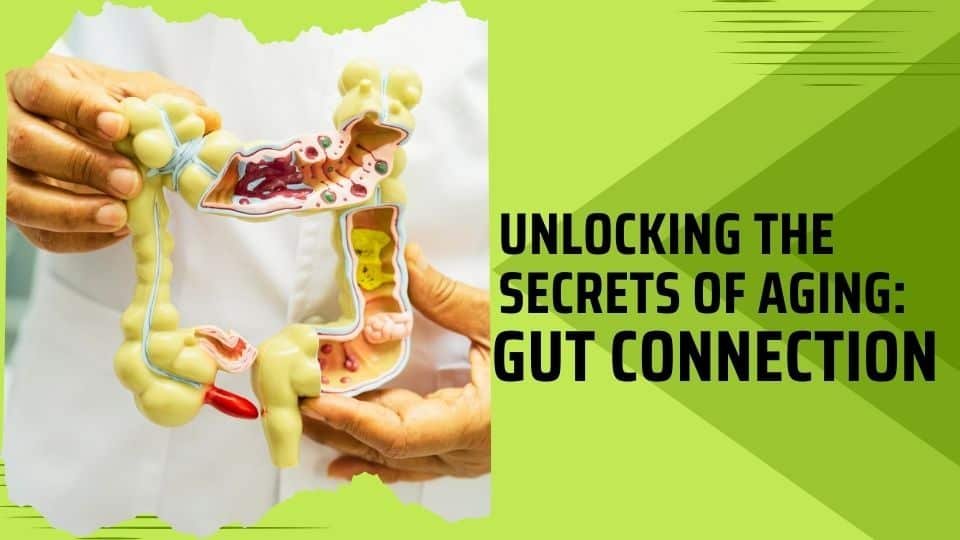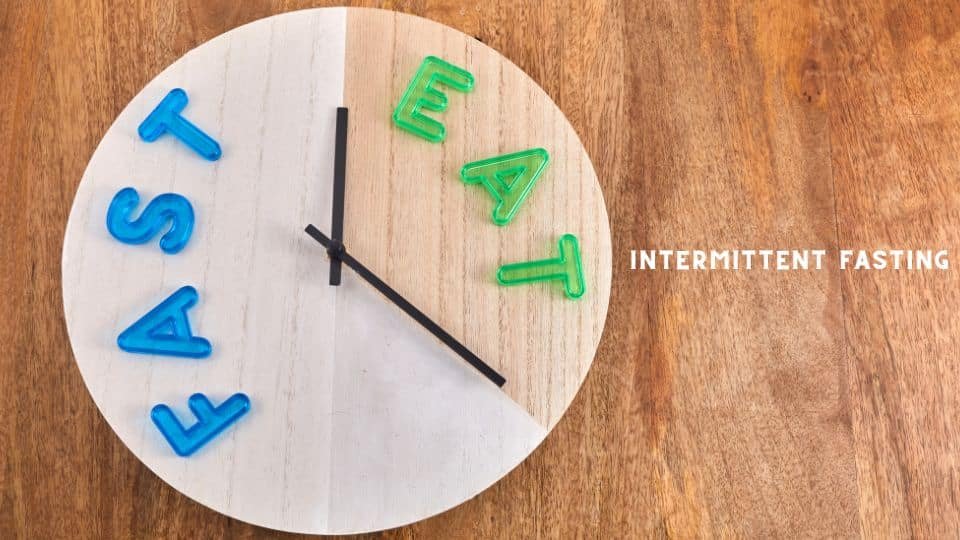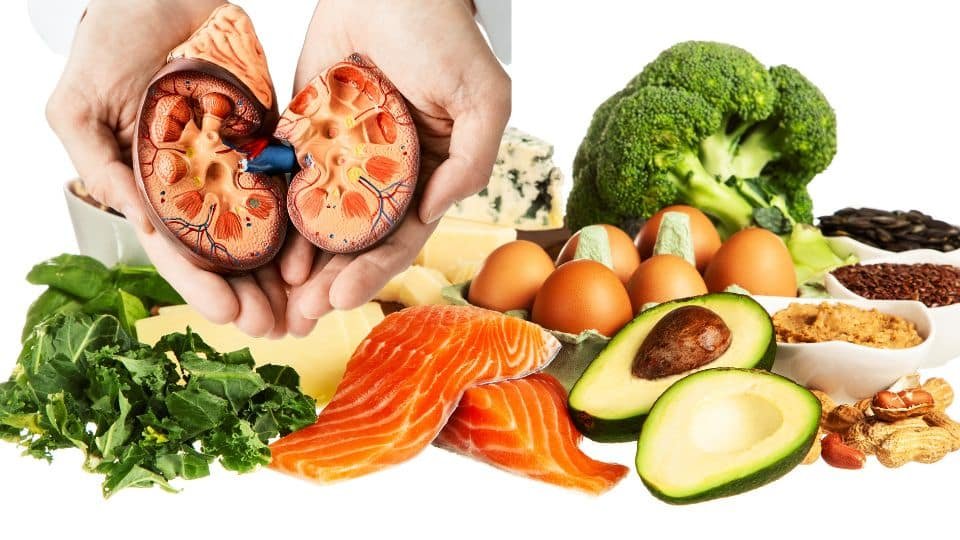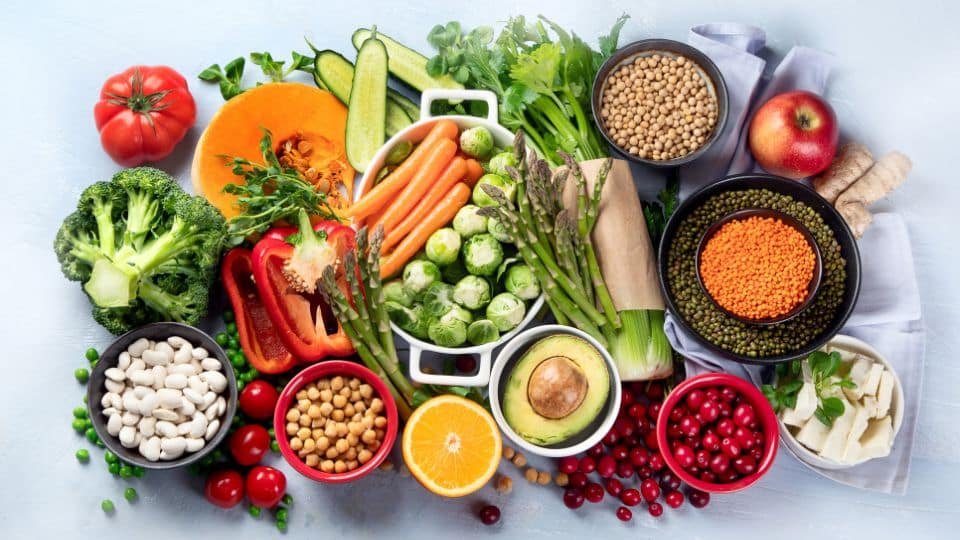Welcome! Today, we’re delving into the surprising impact of our snacking habits on our health. So grab a healthy snack, and let’s dive in!
You know that feeling when you try to eat healthy, but then you reach for that bag of chips or cookies? Well, it turns out you’re not alone. According to a recent study by researchers from the School of Life Course & Population Sciences and ZOE, our snacking habits might be undoing the benefits of our healthy meals. Let’s break it down.
The study analyzed the snacking habits of 854 individuals from the ZOE PREDICT study. Shockingly, it revealed that a quarter of people are sabotaging their healthy meals with unhealthy snacks. And unfortunately, that’s not good news for our health.
A researcher from King’s College London and chief scientist at ZOE explains, “Considering 95% of us snack, and that nearly a quarter of our calories come from snacks, swapping unhealthy snacks like cookies, crisps, and cakes for healthy snacks like fruit and nuts is a really simple way to improve your health.”
Did you know that the UK is a nation of snackers? In fact, snacks like cereal bars, pastries, and fruits make up a whopping 24% of our daily energy intake. On average, people enjoy about 2.28 snacks a day. That’s a lot of snacking!
But here’s the exciting part. Snacking itself isn’t the problem. It’s the kind of snacks we choose that matters. People who munch on high-quality snacks like nuts and fresh fruits tend to have a healthier weight and better metabolic health. So, it’s not about giving up snacks; it’s about making more intelligent choices.
You can also view this article: Discover how Selenium can safeguard your health against harmful environmental pollutants!
Now, let’s talk about the not-so-healthy snacks. The study found that a quarter of participants reported eating healthy main meals but indulging in poor-quality snacks. These unhealthy snacks, like highly processed foods and sugary treats, can lead to higher BMI, more visceral fat, and other markers that are linked to metabolic diseases such as stroke, cardiovascular disease, and obesity.
Curious about the most indulged snacks? The top choices include cookies, fruit, nuts and seeds, cheese and butter, cakes and pies, and granola or cereal bars. The most significant contribution to calorie intake was, surprisingly, cakes and pies pack the biggest calorie punch, followed by breakfast cereals, ice cream, donuts, candy, cookies, and nuts and seeds.
When you snack might be just as important as what you snack on; researchers found that snacking after 9 p.m. was linked to poorer blood markers. Late-night snackers tend to go for energy-dense foods high in fat and sugar, which isn’t great for your health.
In conclusion, this study highlights the importance of choosing quality snacks. A balanced diet that includes fruits, vegetables, protein, and legumes is the key to improving your health. So, the next time you reach for a snack, think about what’s inside. It could make all the difference.
Now, let’s zoom out and look at the bigger picture. Our snacking habits are more significant than we might have thought. They can impact not only our waistlines but also our overall health. This study reminds us that every choice we make in our daily diet matters.
Glossary:
- Snacking Habits: Patterns of consuming small amounts of food or snacks between regular meals.
- ZOE PREDICT Study: A research study that involves the analysis of health and dietary data, mainly focusing on the impact of snacking habits.
- Healthy Meals: Nutritious and balanced food choices that contribute positively to overall health.
- Unhealthy Snacks: Snack items that are low in nutritional value and high in factors such as sugar, unhealthy fats, or highly processed ingredients.
- Metabolic Health: The condition of one’s metabolism, including factors like blood sugar levels, cholesterol, and body fat composition.
- BMI (Body Mass Index): A measure of body fat based on height and weight, often used to assess an individual’s weight status.
- Visceral Fat: Fat stored deep within the abdomen around internal organs, which can be associated with health risks.
- Stroke: A medical condition where the blood supply to the brain is disrupted, leading to potential brain damage or other complications.
- Cardiovascular Disease: A group of conditions that affect the heart and blood vessels, including heart disease and stroke.
- Obesity: A medical condition characterized by excessive body fat, often associated with various health problems.
Journal Reference:
Kate M. Bermingham, Anna May, Francesco Asnicar, Joan Capdevila, Emily R. Leeming, Paul W. Franks, Ana M. Valdes, Jonathan Wolf, George Hadjigeorgiou, Linda M. Delahanty, Nicola Segata, Tim D. Spector, Sarah E. Berry. Snack quality and snack timing are associated with cardiometabolic blood markers: the ZOE PREDICT study. European Journal of Nutrition, 2023; https://doi.org/10.1007/s00394-023-03241-6



 By
By










